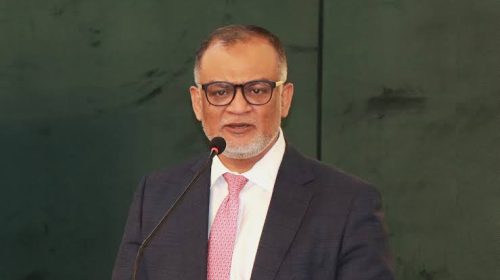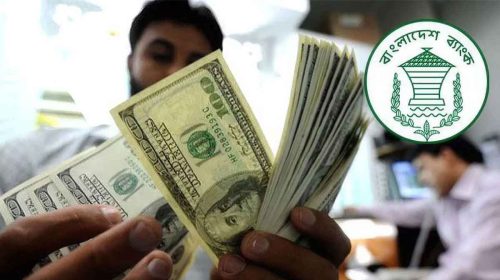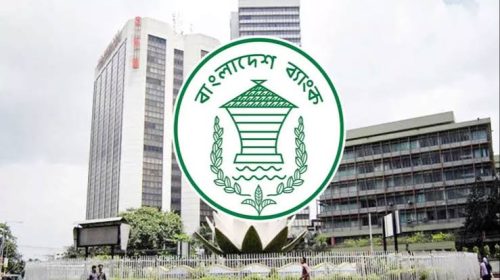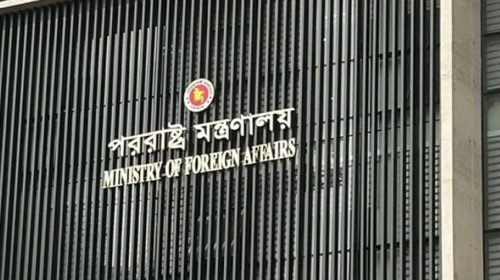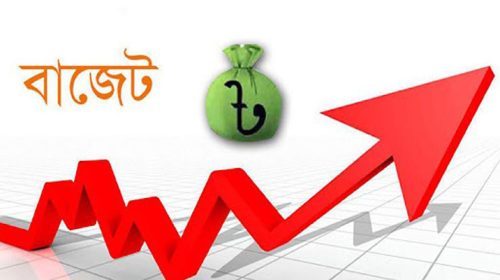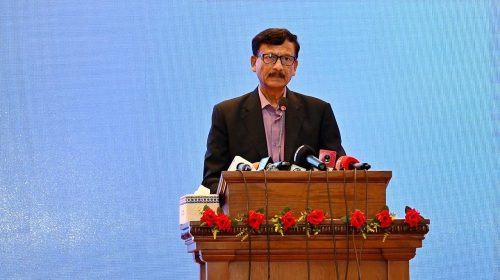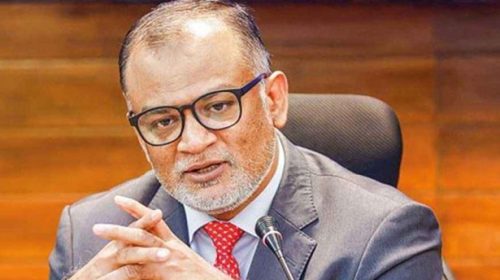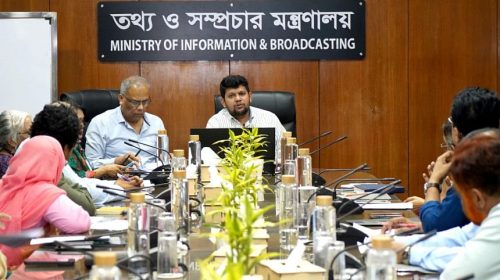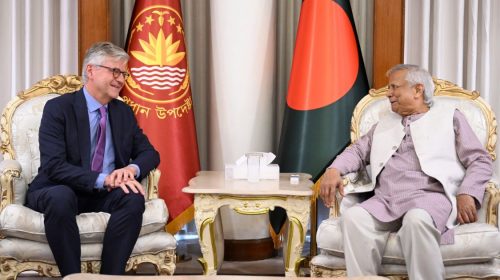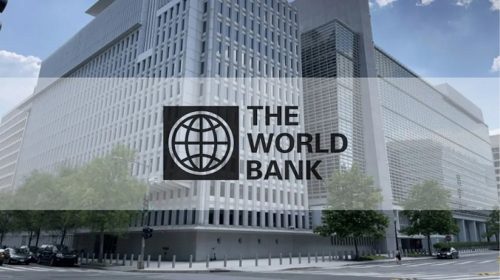U.S. President Donald Trump’s recently imposed minimum 10% retaliatory tariff is starting to impact Bangladeshi exporters. Many U.S. buyers are now deducting half—or in some cases, the full amount—of the added tariff from the export payments made to Bangladeshi suppliers. Even for orders placed before the tariff came into effect, U.S. buyers are demanding a share of the additional cost, significantly affecting profit margins.
Exporters in the apparel and leather sectors report that the tariff burden is being adjusted against the Free on Board (FOB) prices, forcing them to operate with little or no profit. Nevertheless, interest from new U.S. buyers is also on the rise, offering some hope for future growth.
President Trump announced the retaliatory tariff on April 2 to reduce the U.S. trade deficit, applying it to imports from 57 countries. Though the tariff was officially suspended for three months on April 9, the 10% minimum tariff still took effect for many countries, including Bangladesh.
The U.S. remains Bangladesh’s largest export destination. According to the Export Promotion Bureau (EPB), Bangladesh exported goods worth $7.6 billion to the U.S. in the 2023–24 fiscal year, accounting for nearly 17% of total exports. Garments made up 87% of this figure, with 2,326 Bangladeshi companies exporting to the market.
Exporters Hit Hard
Sparrow Group of Industries, a leading apparel exporter, ships $25–30 million worth of garments each month—$15–20 million of which go to the U.S. Managing Director Shovon Islam confirmed that U.S. buyers are demanding up to a 5% reduction in FOB prices to offset the tariff. Larger buyers are requesting to split the 10% cost, while smaller buyers are passing on the full burden.
He added that spring and summer orders are still coming in, but there is a risk of a 15–20% drop in overall order volumes if the uncertainty persists.
Pacific Jeans Group, another top exporter with $405 million in apparel exports last fiscal year—25% of which went to the U.S.—has also been forced to offer 5–10% discounts depending on the buyer. Managing Director Syed Mohammad Tanvir noted that profitability becomes nearly impossible under such conditions.
Orders Resume After Suspension
Buying house Wicketex-BD had a $300,000 order from a U.S. client put on hold after the tariff announcement. Following the suspension of the tariff, the client gave the green light, and the order is now being shipped. CEO A.K.M. Saifur Rahman confirmed that new inquiries are coming in, especially from buyers shifting orders away from China. However, he pointed out that many U.S. buyers still lack a full understanding of sourcing from Bangladesh.
Similarly, U.S. buyers had delayed a $300,000 leather goods order from Essensor Footwear & Leather Products of Savar. After the temporary suspension of the tariff, the buyer agreed to accept the shipment. Managing Director K.M. Mushfiqur Rahman said the company is now focusing on expanding in Europe due to the uncertainty in the U.S. market.
Exports to the U.S. Still on the Rise
Despite these challenges, Bangladesh’s apparel exports to the U.S. grew by nearly 27% in the first quarter of 2025 (January–March), outperforming its competitors. According to the Office of Textiles and Apparel (OTEXA) under the U.S. Department of Commerce, Bangladesh exported $2.23 billion worth of garments in that period.
Vietnam led the market with $3.88 billion, overtaking China, which exported $3.6 billion worth. Their respective growth rates were 14% and 4%. India, meanwhile, posted a 24% increase with $1.51 billion in exports.
Industry Urges Swift Action
Mahmud Hasan Khan, former Vice President of BGMEA (Bangladesh Garment Manufacturers and Exporters Association), noted that many U.S. buyers are now asking Bangladeshi exporters what steps local policymakers are taking regarding the retaliatory tariffs. Some clients are requesting contingency plans if the 10% tariff becomes permanent. He emphasized the urgency for a clear, coordinated response from Bangladesh.



